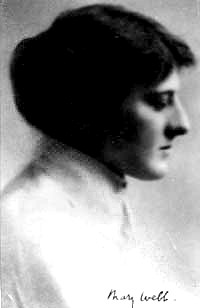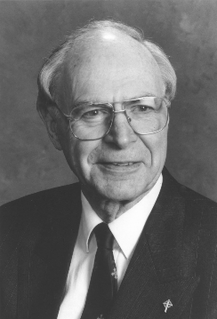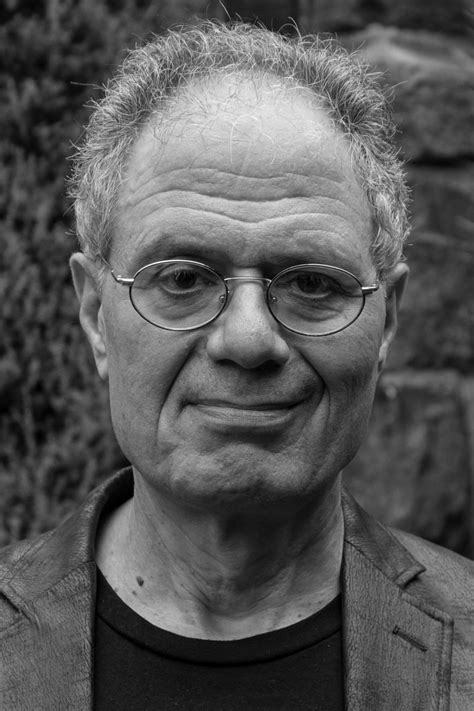A Quote by Stefan Zweig
But in the intellectual world, there is room for all opposing forces: even that which never appears victorious in the real world continues to be effective as a dynamic force (in the intellectual world) and precisely the unfulfilled ideals prove to be the most invincible.
Related Quotes
Men have gone on to build up vast intellectual schemes, philosophies, and theologies, to prove that ideals are not real as ideals but as antecedently existing actualities. They have failed to see that in converting moral realities into matters of intellectual assent they have evinced lack of moral faith.
In the 1970s, what I, as a young foreign student studying in the United States, found most dynamic, exciting and impressive about this country is what much of the world continues to value most about the U.S. today: its open intellectual culture, its great universities, its capacity for discovery and innovation.
As one who knows many things, the humanist loves the world precisely because of its manifold nature and the opposing forces in itdo not frighten him. Nothing is further from him than the desire to resolve such conflictsand this is precisely the mark of the humanist spirit: not to evaluate contrasts as hostility but to seek human unity, that superior unity, for all that appears irreconcilable.
Freedom is the very essence of life, the impelling force in all intellectual and social development, the creator of every new outlook for the future of mankind. The liberation of man from economic exploitation and from intellectual and political oppression, which finds its finest expression in the world-philosophy of Anarchism, is the first prerequisite for the evolution of a higher social culture and a new humanity.
Decisive inventions and discoveries always are initiated by an intellectual or moral stimulus as their actual motivating force, but, usually, the final impetus to human action is given by material impulses ... merchants stood as a driving force behind the heroes of the age of discovery; this first heroic impulse to conquer the world emanated from very mortal forces
Modernity is the ensemble of changes - intellectual, political, economic, social, cultural, technological, aesthetic - that have altered the world drastically since roughly the 17th century, until which time the world was, in the above respects, far less different from the world of any previous epoch of recorded history than it is from the world of today. The modern predicament is the set of problems these changes have bequeathed us.




































